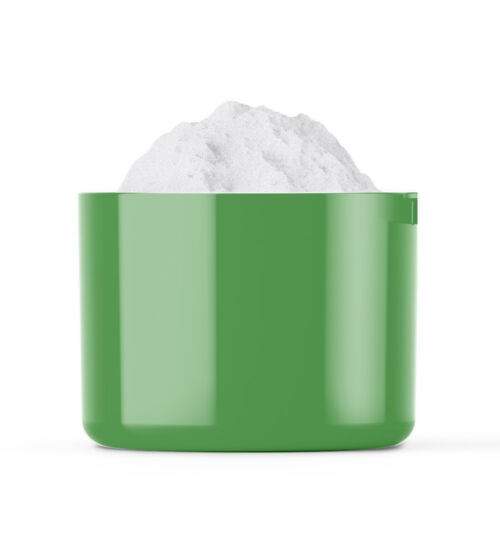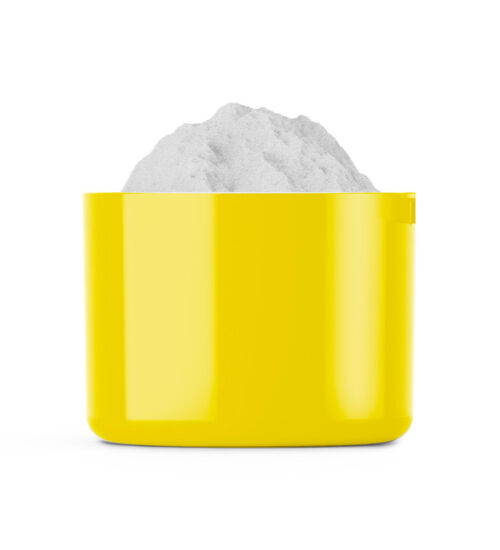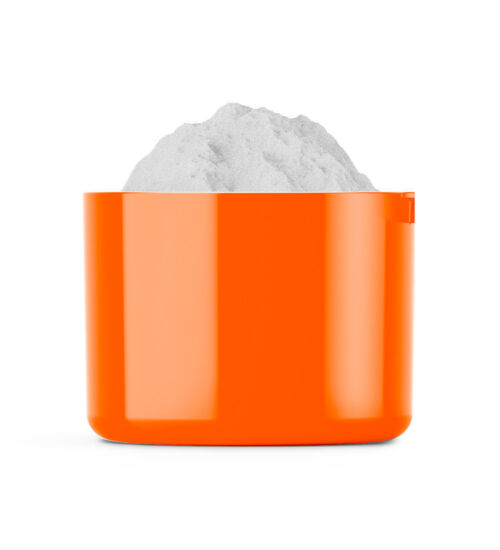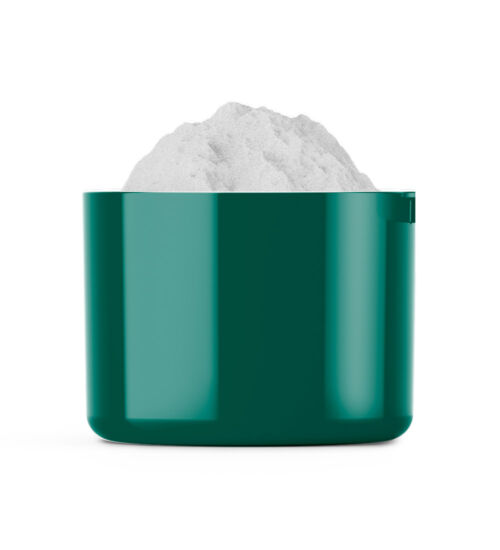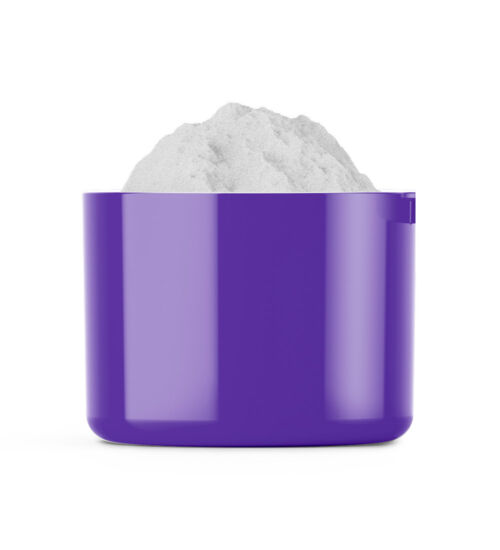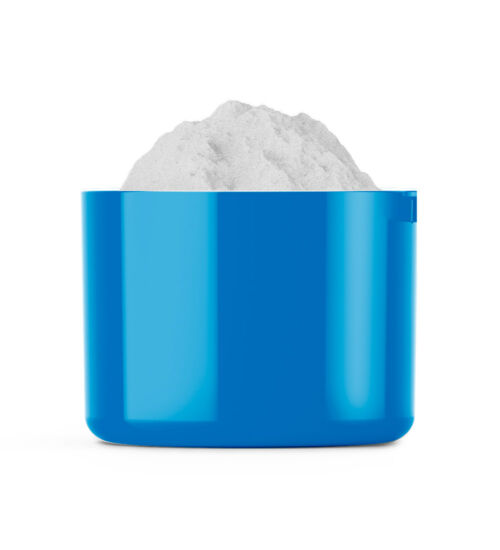Supplements
To get to an ideal bioavailability with food supplements is an unmet need. In general the concept of bioavailability is not well known. Actually, as far as a pharmacologic way of thinking is taken into account, bioavailability refers to a sort of absorption of the administered drug. It corresponds to the fraction (%) of an administered drug that reaches the systemic circulation, of course depending from the route of administration (e.g. intravenous or oral).
However, for dietary supplements, for which the route of administration is nearly always oral, bioavailability generally refers to the amount or fraction of the ingested dose that is absorbed, hopefully exerting a full supplementation. In turn, it means that the oral administration may pass through a series of factors that in fact reduces the bioavailability. These include photosensitivity, quick oxidation, the attack by the gastric acidic barrier and troubles in being absorbed in an efficient way.
Plant-derived exosomes, allows the best bioavailability for their content, inasmuch as their lipid-rich membrane protect the naturally contained biomolecules from both photosensitivity, quick oxidation and the attack by the gastric acidic barrier. Moreover, plant-derived exosomes allow the best intestinal absorption through a peculiar mechanism of interaction with cells through lipid-lipid interaction leading to membrane fusion.
All in all plant-derived exosomessubstantially enhance the bioavailability of their content by avoiding an early degradation, overcoming the gastric barriers and maximizing intestinal absorption. It is mandatory that these advantages make plant-derived exosomes the ideal food supplements.
The breakthrough:
Our research
The best support for our conclusions is the scientific evidence that we obtained through our research, that included both in vitro and in vivo experiments. The in vitro experiments have shown that plant-derived exosomes are able to induce a series of beneficial effects in normal human cells, including the induction of a proper mitochondrial function, a proper turnover rate, a proper differentiation and a general reverse of the aging trend. Moreover, we have also shown that plant-derived exosomes obtained from organic have clear advantages s compared to both plant-derived exosomes from intensive farming and artificial nanoparticles.
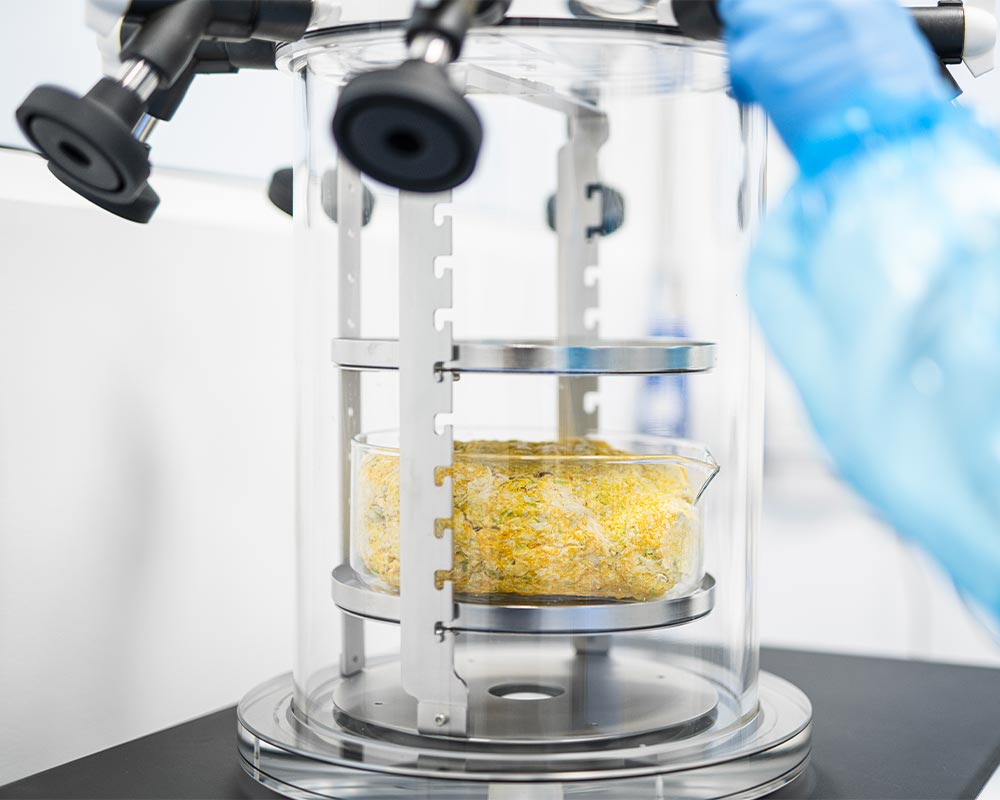
Moreover, we have also shown that these advantages were significantly more evident when we used a mixes of plant-derived exosomes from different fruits and vegetables. The in vivo experiments, run in a model of redox imbalance, have shown that the oral administration of plant-derived exosomes led to the reverse of redox imbalance both at the systemic level and at the level of the various organs examined. The effects included an antioxidant reaction, an antiaging action (e.g. telomeres elongation, reduction of DNA damage) and a general beneficial effect on the whole body. Most of all to get to the results by an oral administration clearly showed the ability of plant-derived exosomes to pass the gastric barrier, to be adsorbed and to get to the various organs, exerting there their action. Moreover, our results show also the safety of plant-derived exosomes that demonstrated only beneficial effects, never showing any known side effect.
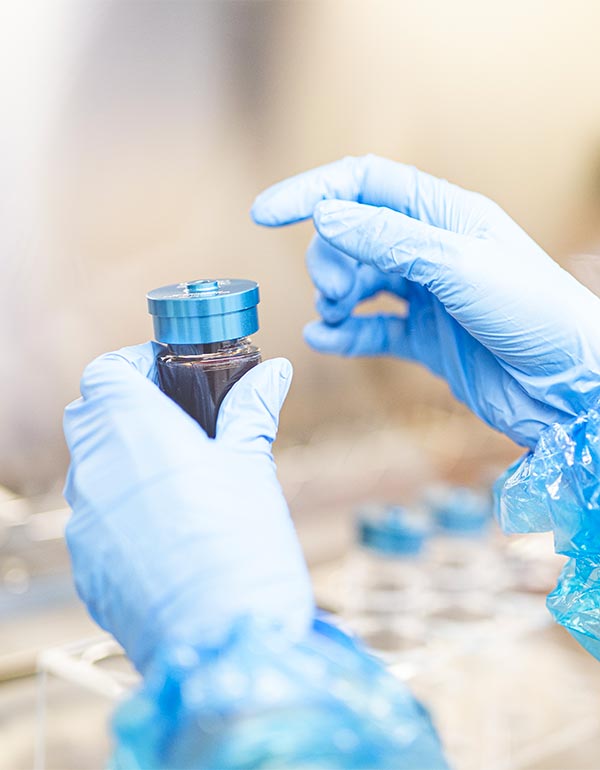
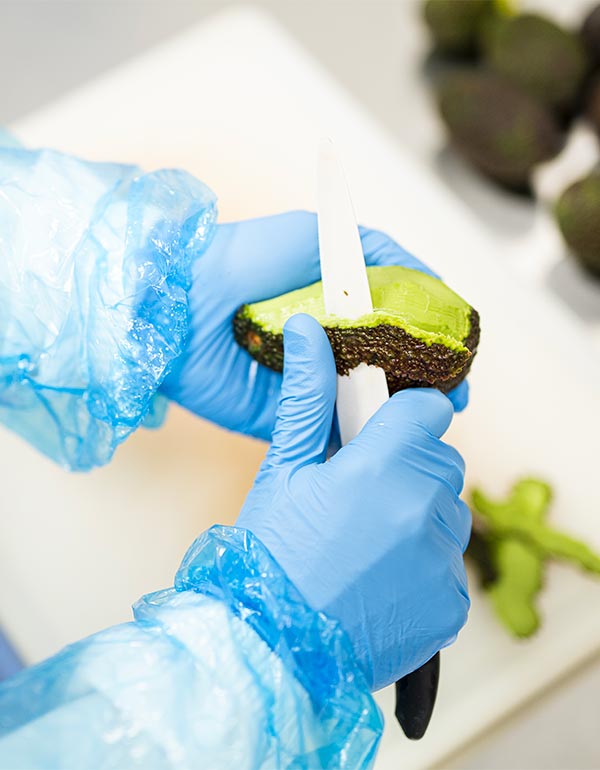
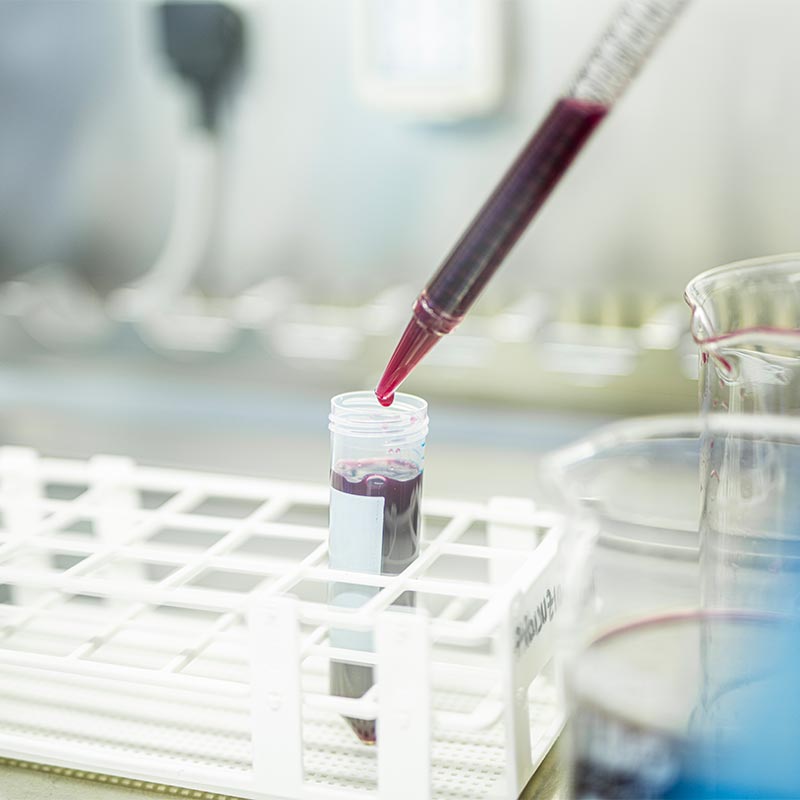
A full application as food supplements
The application of plant-derived exosomes in food supplements represents a natural, innovative approach to bolstering human health. Their ability to deliver beneficial compounds directly to where they are needed most in the body, overcoming traditional barriers to nutrient absorption, sets them apart as an invaluable asset in nutritional science. We want to emphasize as the plant-derived exosomes content in known suppliers (e.g. vitamin C) is lower that the doses currently used to prevent and cure diseases, and at these doses they exert the same effects of huge doses of commercially available suppliers, as we have recently shown in a scientific paper. As research continues to unveil the vast potential of these plant-derived vesicles, their role in food supplements is poised to become increasingly pivotal, offering a promising avenue for addressing a range of health concerns, from aging to chronic disease management, with an emphasis on safety, efficacy, and natural origins.
